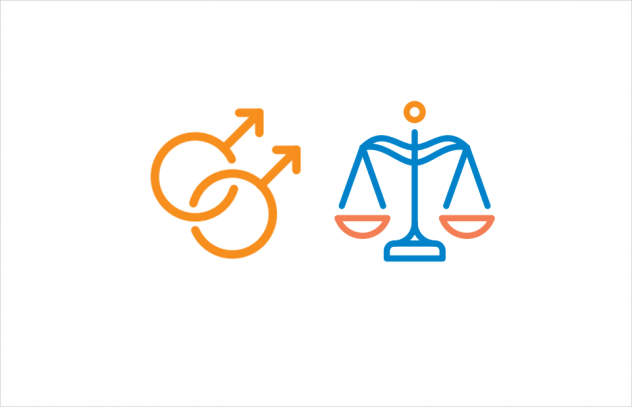

Press Statement
UNAIDS congratulates Barbados on its decision to repeal colonial-era laws that criminalised same sex sexual relations
13 December 2022 13 December 2022GENEVA, 13 December 2022—UNAIDS welcomes the judgement by the High Court in Barbados to strike down the country’s colonial-era gross indecency and buggery laws that criminalised consensual same-sex relations.
“This historic decision is a significant step towards protecting the human rights and dignity of LGBT people in Barbados,” said Luisa Cabal, UNAIDS Regional Director for Latin America and the Caribbean. “It will also strengthen the country’s HIV response by helping to reduce stigma and discrimination faced by LGBT people and increasing the uptake of HIV testing, treatment and prevention services.”
Under section 9 of the Barbados Sexual Offences Act, punishment could lead to life imprisonment for men engaging in same-sex sexual activity. Under section 12, both men and women were criminalised and liable to up to 10 years imprisonment. Laws that punish consensual same sex relations, in addition to contravening the human rights of LGBT people, act as a barrier to improving health outcomes, including in the HIV response. Such laws sustain stigma and discrimination against LGBT people and stop LGBT people seeking and receiving healthcare for fear of being punished or detained. Decriminalisation saves and changes lives and builds stronger societies.
Barbados becomes the third Caribbean country this year to announce the repeal of such discriminatory legislation. The case was filed by two Barbadian LGBT advocates with local organisation Equals Barbados providing community support, and the regional LGBT umbrella organisation, the Eastern Caribbean Alliance for Diversity and Equality, convening the process.
Earlier this year, courts in Antigua and Barbuda and St Kitts and Nevis also struck down as unconstitutional laws that criminalised gay men and other men who have sex with men. There now remain six countries in the Caribbean that criminalize gay sex between consenting adults, all of them former British colonies. They are Dominica, Grenada, Guyana, Jamaica, St. Lucia, and St. Vincent and the Grenadines.
UNAIDS
The Joint United Nations Programme on HIV/AIDS (UNAIDS) leads and inspires the world to achieve its shared vision of zero new HIV infections, zero discrimination and zero AIDS-related deaths. UNAIDS unites the efforts of 11 UN organizations—UNHCR, UNICEF, WFP, UNDP, UNFPA, UNODC, UN Women, ILO, UNESCO, WHO and the World Bank—and works closely with global and national partners towards ending the AIDS epidemic by 2030 as part of the Sustainable Development Goals. Learn more at unaids.org and connect with us on Facebook, Twitter, Instagram and YouTube.
